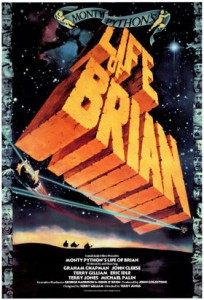The horror! The eBook horror!
At last year’s Ad-Astra Science Fiction, Fantasy and Horror Convention, I went to the eBooks panel and was surprised to find only two of the five panelists in attendance. Even more bizarre, there were only three audience members, including moi. I thought that was weird given that mystery conventions around the same time were having packed panels on eBooks.
I’m happy to report that this year there are a few panels that give a nod to the eBook industry, but I still sense a conservatism, a reluctance to accept change. For instance, one panel is Now What: How to Get an Agent, How to Query, and Publishing Options.
Here’s the description:
Book written, and now what do you do? Just what does one do to get an agent? How necessary is an agent? Join our panelists and learn some effective ways to navigate what comes after. How are you going to get someone to READ your book, what options are available for getting your book to your potential readers.
What surprised me about the description is the lack of reference to eBooks. In fact, this panel would fit very well in the program book of Ad-Astra 1995 or even 1985.
Then I thought of the agent or publisher query letter of the future, or as I like to call it: now. It goes like this:
Dear Agent or Publisher:
My novel was downloaded over 2000 times in the last month on Amazon. It has earned over 80 five star reviews and 150 likes. I am currently in the market for a print publisher to take this novel into the bookstores.
But my wife has an even better query letter. It goes like this:
Dear Author:
I notice that your novel is currently at 433 in the Amazon Best Sellers Rank, which indicates that you must be selling 30 0r 40 eBooks per day. I also see that it has been well received by readers, earning over 80 five star reviews and 150 likes.
I’d be very interested in representing your novel for print and movie rights.
That’s right. Her theory is that even as we speak, smart agents are trolling the Amazon Best Sellers Rank looking for talent.
Last month my vampire novel, Apocalypse Revolution, was downloaded over 2000 times, but a big chunk of those were promotional freebies on free days. I did earn three five-star reviews and a bunch of likes, but I’m not expecting New York to come bashing down my door just yet. However, with each new review, with each new reader, I’m building a following. Fans e-mail me now and I e-mail back. I’ve started a mailing list to help promote book two when it comes out in June.
If I’m good and I’m lucky, perhaps by next year I can write the agent query letter of the future. But if my wife is correct, they’ll write me.



